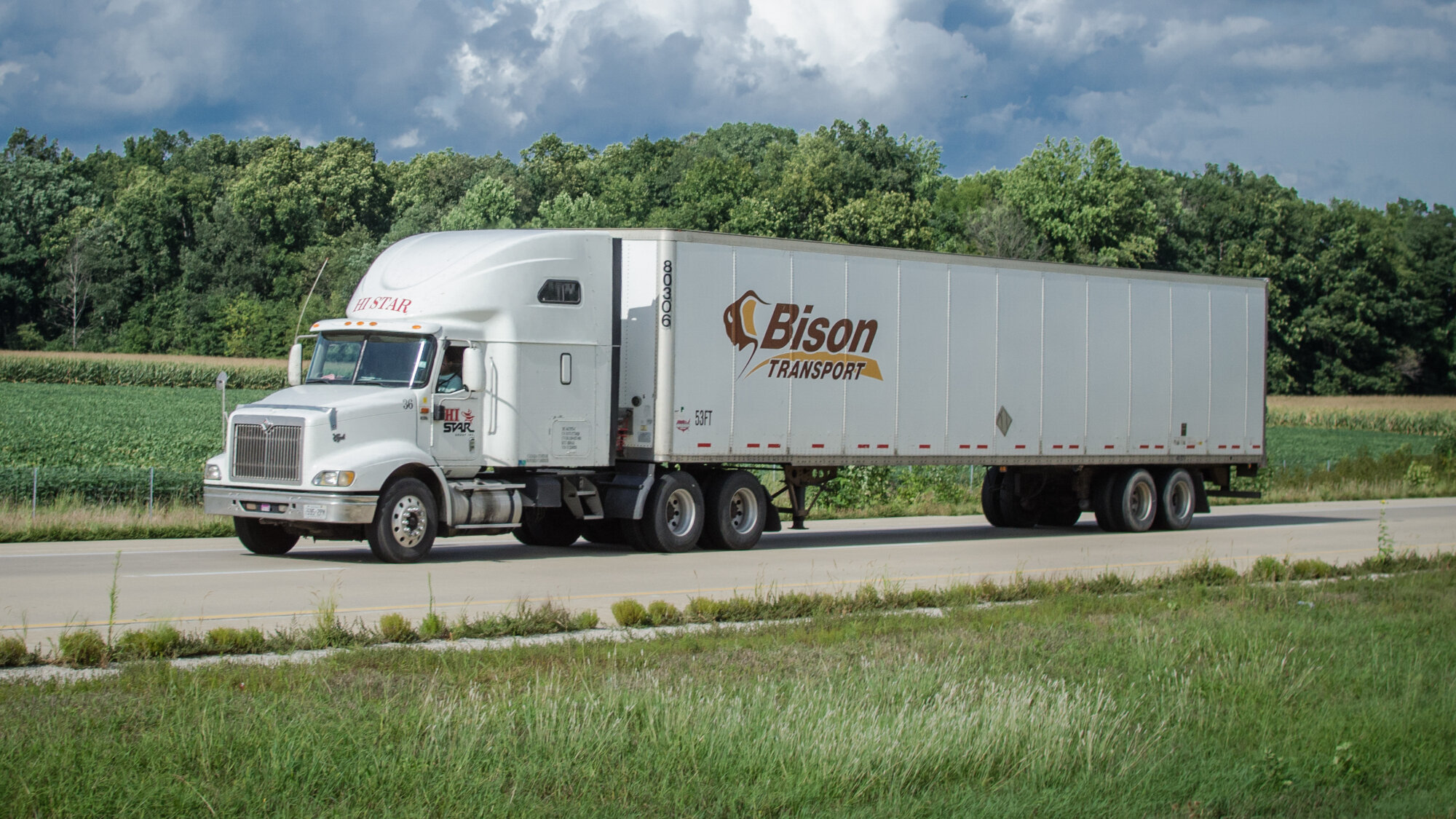For the past several years, the crash statistics for large trucks and buses have been getting worse. While this could be driven by many different factors, from the prevalence of cell phone use and distracted driving to the deteriorating nature of U.S. infrastructure, the trends simply cannot be ignored by the trucking industry. Truckload carriers must recognize the importance of a strong safety program in their fleets and prioritize this, first and foremost, in order to protect lives on our roadways.
It is for this reason that, year after year, TCA recognizes its members for going above and beyond to maintain low accident frequency ratios within their fleets. Though the Fleet Safety Awards, TCA members submit their number of annual accidents, as well as their mileage, to determine which carrier has the lowest number of accidents per million miles.
Carriers are segmented into six different mileage-based divisions, with the carriers placing in the top three in each division receiving recognition. From there, those fleets that are honored have the chance to compete for the grand prize after completing an extensive application, in which they are able to explain the innovative processes they utilize to keep their fleets safe and how they train their employees to always make safety their number one goal.
Beyond this, TCA also recognizes fleets which have improved their accident frequency ratios year-over-year. While having low accident numbers is of the utmost importance, demonstrating improvement in reducing accidents and implementing better systems for employee training is a laudable achievement. It is only through continual improvement that a true culture of safety can be established within any carrier.
TCA encourages all of our carrier members to enter the Fleet Safety Awards today! The entry period is open from October 1 – November 6, 2019. Don’t miss your chance to showcase your safety efforts and have them recognized on the national stage!
Although new guidance on mask wearing returns the industry to some semblance of normalcy after over a year of lockdowns and restrictions, employers should remain cautious in revising policies.
While Texans are accustomed to living life free of excessive state-level taxes, they were in for a shock when their own U.S. Senator, Republican John Cornyn, used his national platform to advocate for the establishment of a truck-only vehicle miles traveled tax.
As we discuss ways to improve the sales relationship between carrier and shipper, the term “commodity” always comes up. Most carriers feel being a commodity diminishes the services they provide. It doesn’t have to be that way.
Three-part workshop series to focus on effective leadership communication strategies to motivate and retain your essential workers.
The nation’s top trucking research group plans to update previous studies on the effects of legalized marijuana and other drugs on truck safety along with integrating 18- to 20-year-old drivers into the industry.
Throughout the entire 90-year history of trucking in the United States, excessive detention has been a scourge on the industry. An upcoming 90-minute immersive workshop will share tools and strategies to combat this issue and keep the wheels moving and profitable.
While a request for Supreme Court review of the Ninth Circuit Court of Appeals decision to overturn an injunction banning enforcement of California’s AB5 will almost certainly follow, at this time, motor carriers who operate in California must be prepared to act in accordance with AB5.
The word “safety” is everywhere in the trucking industry. It is talked about nearly every day in the press, Congress has zeroed in on it, and most carriers will say that it is their top priority. With all this attention, it’s easy to believe that safety has become cliché. But it’s not.
A day after Colonial Pipeline said there was light at the end of the tunnel for the line’s closure due to a cyberattack, the impact of the shutdown on the ground is being felt.
Truck drivers and fleets have two months to prepare for the Commercial Vehicle Safety Alliance’s (CVSA) annual Operation Safe Driver Week, which is set for July 11-17. Here is what inspectors will be looking for.






















